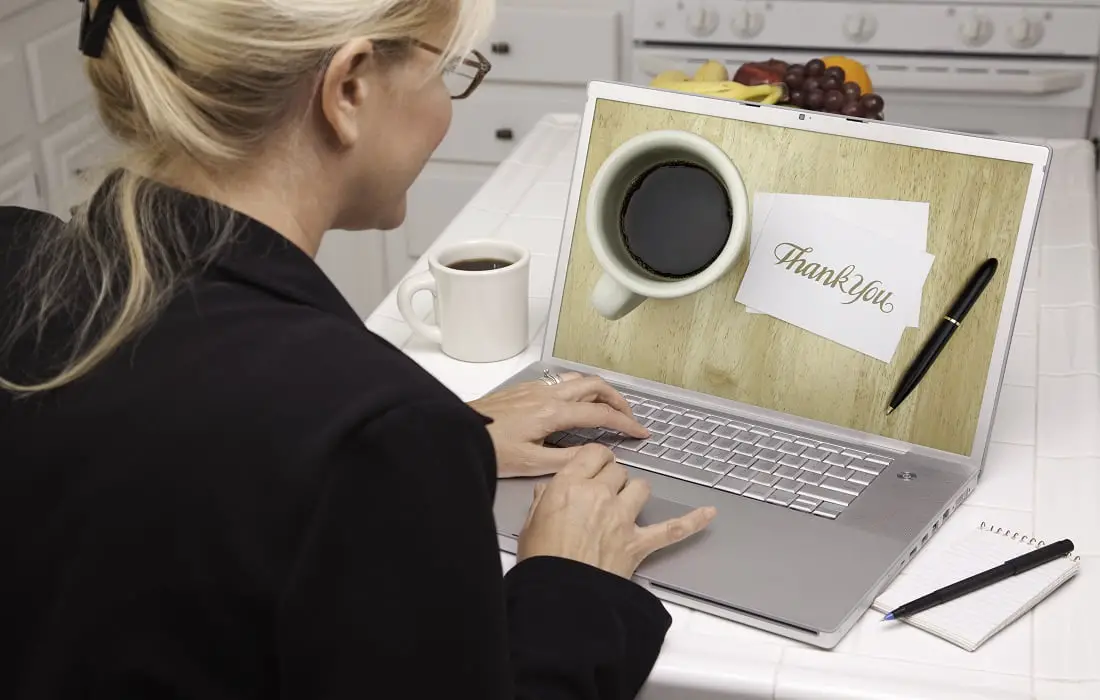Are you in search of your dream job, one that has the potential to transform your world like a magic wand? However, let’s not overlook that the most nerve-wracking aspect of the job-seeking process is the interview. Fear not, as it can be a delightful and unforgettable experience.
An interview is key to stepping into the market to present yourself more impressively and efficiently to strengthen your position in the long run. Here, the question arises how can you achieve this? You can get the maximum from this comprehensive guidebook that will assist you in maximizing your chances of landing the best job you’ve ever had.
Thorough Company Research
Knowing about companies A to Z before the interview is essential. You must know about their mission, values, products or services, recent news, and other relevant information. This knowledge will demonstrate your interest in the company and give you the upper hand, allowing you to answer questions more effectively and pose insightful questions yourself, putting you one step ahead of the game.
Another value-added point of the interview is familiarization with the company’s policies and regulations. Company policies accurately represent its environment, culture, and long-term objectives. Understanding these policies and regulations is also helpful for employees already working in the organization, as it helps keep them safe from unexpected termination by the company.
Make sure when conducting research on a company, it is essential to use legal and ethical research methods. Engaging in illegal methods can have serious consequences and may violate privacy laws or ethical standards. the reasons for termination after being hired can differ based on the particular circumstances and the policies of the organization. So, understanding and adhering to these policies can contribute to maintaining a positive working relationship and reducing the risk of termination.
Understand the Job Requirements
Before applying for the job, you must be capable to understand the job responsibilities clearly. Job responsibilities are the task an employee has to perform to achieve the goal in the position. It can be skills, education, certifications, or other ‘qualifications’ an interviewee needs to possess to perform.
Familiarizing with job requirements is also helpful for those already performing their jobs in an organization. It’ll help them to high up their ranks, fulfill their responsibilities with zeal and zest, and become productive and efficient to achieve the company’s overall goals.
Understanding job requirements opens your mind and prepares you to sit confidentially before the interviewer. It’ll also increase the chances of selection because of having complete knowledge about the company and the required skills.
Good Communication Skills
Good Communication skills allow you to understand and be understood by others easily. Hence, effective communication is crucial during job interviews. Practice speaking clearly and confidently, maintaining good eye contact, and using appropriate body language. Be attentive and actively listen to the interviewer’s questions, ensuring that you understand them fully before responding.
Pay attention to your tone of voice, maintaining a professional and positive demeanor throughout the interview. Having certain interviewing skills like a positive attitude, honesty, communication, and active listening can impact the hiring decision in your favor.
Dress Professionally
It is essential to know what to wear to an interview and research the dress code of the specific company. Doing so will help you feel more comfortable, relaxed, and confident during the interview. Additionally, your dress code showcases your interest, seriousness, and distinguished qualities at first glance, which hold significant importance.
Men
Interview suits should be a matching jacket and pants, dress shirt, tie, socks, and shoes coordinated with your suit. A dark-colored suit with light colored shirt is your best option. Pay attention to your personal grooming. Ensure your hair is neatly styled. Your suit should be comfortable and fit you well so that you look and act your best.
Women
The dress code for women should be simple and dark in color. Avoid anything that diminishes your skills and competitive qualities due to a weird dress code, as it is a true representation of your personality. A classic choice for interviews, a well-fitted pencil skirt can create a polished and professional look. Opt for a knee-length or slightly below-knee-length skirt in a conservative color such as black, navy blue, or gray. Pair it with a matching blazer or a professional blouse.
Practice Common Interview Questions
For interview preparation, it is important to have answers to some basic questions. This approach will lead to an active, determined, and more participative attitude, which can help you succeed. This bonus interview tip from the ultimate guide helps you in preparing responses to common interview questions such as those described below. These questions are typically asked during the interviews and are a critically important part of the conversation.
- Tell me about yourself.
- Why are you interested in this position/company?
- What are your strengths and weaknesses?
- Can you provide an example of a challenging situation you faced at work and how you resolved it?
- Describe a time when you demonstrated leadership skills.
- How do you handle pressure or stressful situations?
- What are your long-term career goals?
- How do you prioritize and manage your workload?
- Describe a situation where you had to work as part of a team.
- How do you handle constructive criticism?
- Tell me about a time when you had to meet a tight deadline.
- Describe your experience with problem-solving and decision-making.
- What do you know about our company and why do you want to work here?
- How do you adapt to changes in the workplace?
- Discuss a time when you had to resolve a conflict with a coworker.
- How do you stay motivated and maintain a positive attitude at work?
- What skills or qualifications do you bring to this role?
- Describe a time when you had to handle a dissatisfied customer or client.
- How do you stay updated on industry trends and developments?
- Do you have any questions for us?
Follow-Up with Gratitude
After the interview, send a thank-you note or email to express your gratitude for the opportunity to interview within 24 hours. Reiterate your interest in the position and briefly highlight why you believe you would be a great fit. This small gesture shows your professionalism and leaves a positive impression on the interviewer. Don’t write any insist notes or emails to hire me in your firm like “I need a job” or “I heard you were hiring” etc.
Conclusion
Improving your job interview skills takes time and effort, but the rewards are well worth it. With thorough preparation, effective communication, and a positive attitude, you can increase your chances of success in landing your dream job. So, improving your job interview skills is essential for maximizing your chances of success in the job market. Following the strategies outlined in this guide can enhance your interview performance and make you stand out from other candidates.

